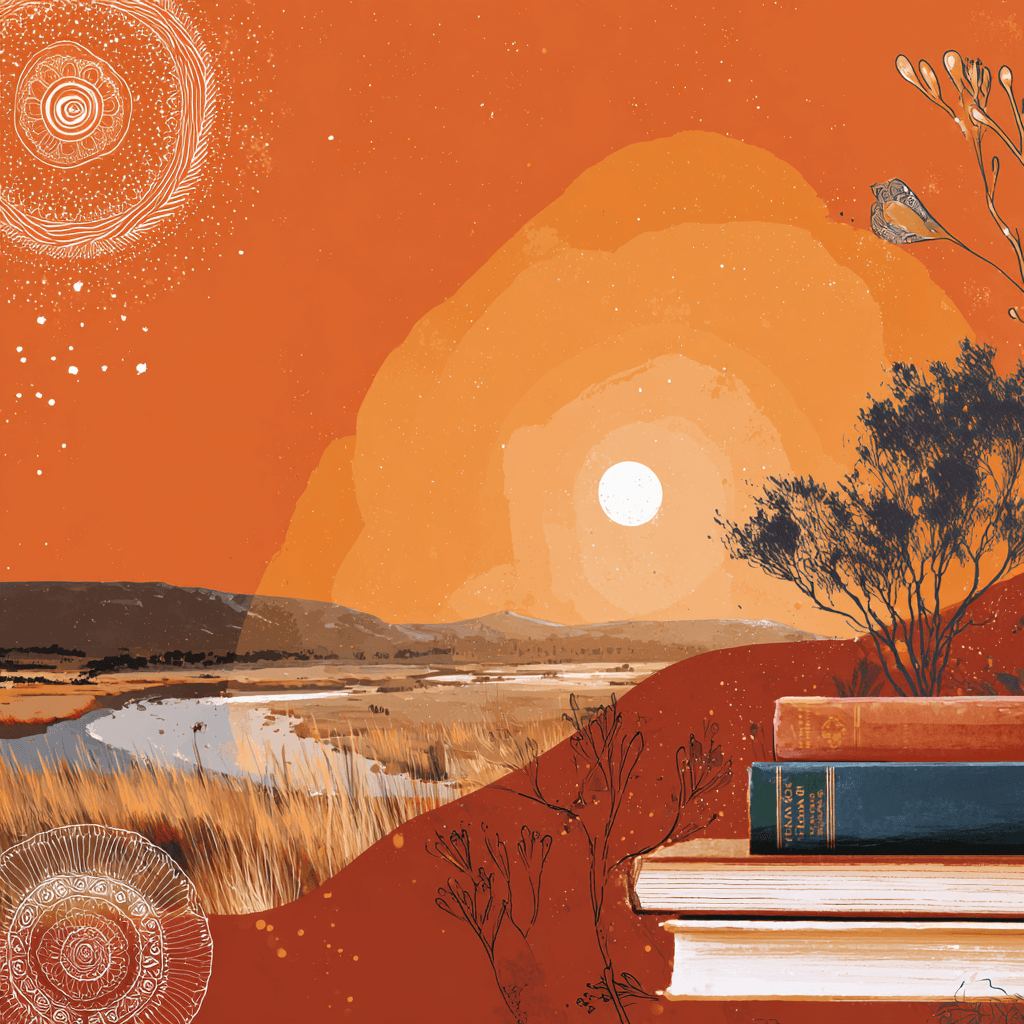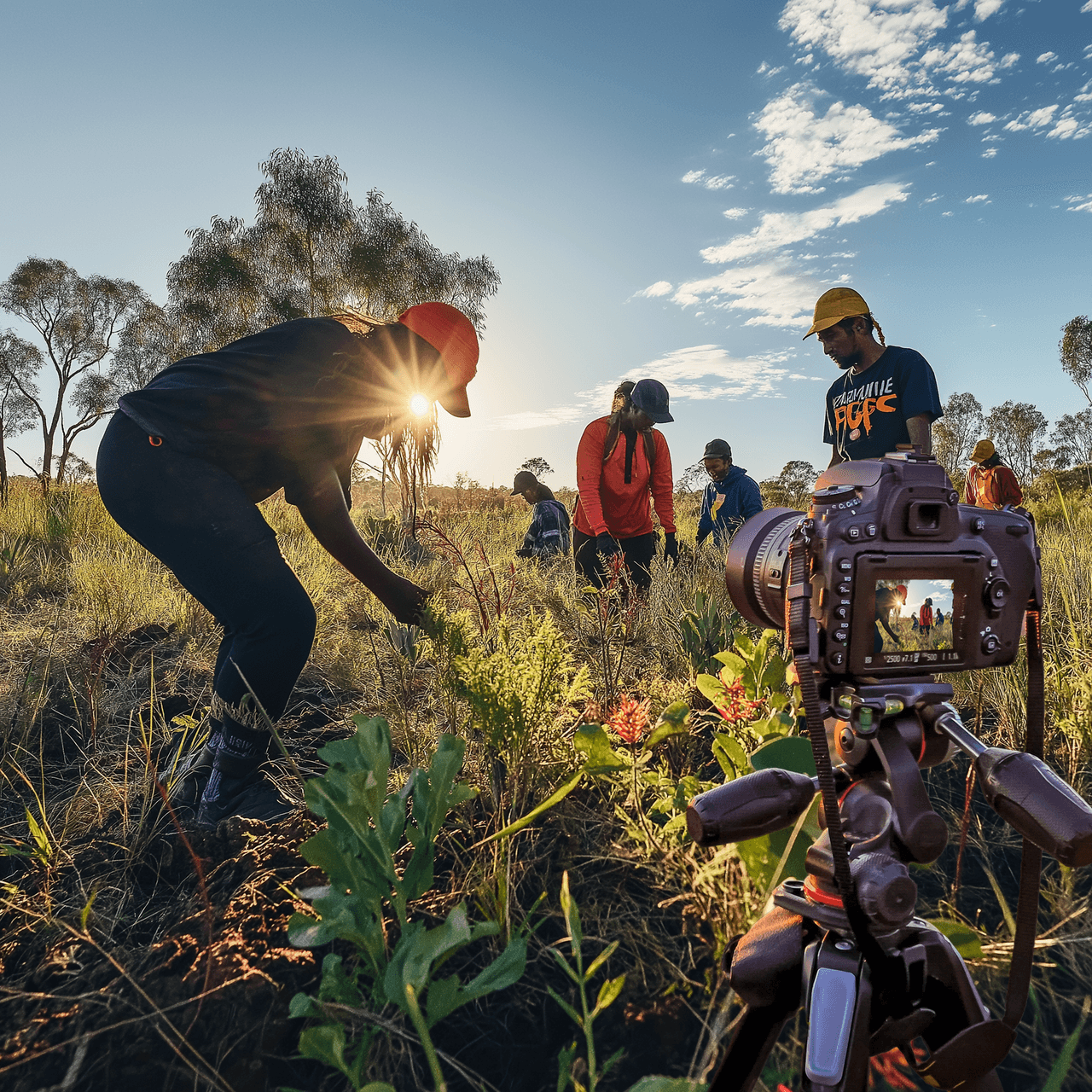When I first encountered the story of Nikolai Vavilov, I felt like I was reading a gripping novel filled with adventure, tragedy, and heroism. The tale of this Soviet botanist is not merely academic; it feels deeply personal, shedding light on a figure who dedicated his life to saving the world's plants, only to be tragically persecuted for his beliefs. Vavilov’s work resonates even today, inspiring our efforts to create community seed banks that honour both science and cultural heritage.
Nikolai Ivanovich Vavilov was not just a scientist; he was a visionary. His relentless pursuit of genetic diversity in plants has paved the way for sustainable agriculture. But who was Vavilov, and why is his story so significant today? Let’s dive into the life of this remarkable botanist and the impact of his work.
Early Life and Career
Born in Moscow in 1887, Vavilov developed a fascination with plants early on. After studying at the Moscow Institute of Agriculture, he became captivated by the principles of genetics, particularly those laid out by Gregor Mendel. Imagine a young scientist, much like Indiana Jones, embarking on adventures to collect seeds from around the globe. That was Vavilov. His travels were not just for personal gain; they were driven by a mission to improve Russian agriculture, especially after the devastating famine of 1921-1922.
By the end of 1924, Vavilov had amassed over 60,000 seed varieties, establishing one of the first and most comprehensive seed banks. This was no small feat! His dedication to understanding plant immunity and disease resistance laid the groundwork for future agricultural advancements.
Contributions and Persecution
Vavilov’s groundbreaking research helped illuminate the origins of domesticated crops. He founded the All-Union Institute of Plant Industry, now known as the N.I. Vavilov Research Institute of Plant Industry (VIR). His work was crucial in collecting and improving plant varieties essential for Russian agriculture. However, his scientific integrity put him at odds with Trofim Lysenko, whose flawed ideas gained favor under Stalin’s regime.
In 1940, Vavilov was unjustly arrested. His initial death sentence was commuted to hard labor. This was a dark chapter for science, where political interference overshadowed genuine scientific inquiry. Can you imagine dedicating your life to research, only to be punished for it?
Tragic Death and the Siege of Leningrad
Vavilov’s imprisonment took a toll on his health, leading to his death in 1943 under dire conditions. The irony is striking: the man who dedicated his life to preserving seeds died from starvation. During the 872-day siege of Leningrad, the Vavilov Institute faced immense challenges in protecting its vast seed bank. With seeds from 187,000 plant varieties, including 40,000 food crops, the institute had to safeguard this invaluable collection from plunder and freezing temperatures.
Despite their own hunger, the scientists at the institute refused to eat from the seed collection. They planted seeds in a small plot outside the city, tilling the land by hand. Their sacrifice ensured the preservation of these seeds for future generations. When the siege ended, the allies had opened the door - sitting on bags of rice and varieties of beans, nine scientists had died from starvation while guarding the seed bank. Their dedication to the importance of seeds to future generations is a powerful reminder of the lengths to which individuals will go to protect knowledge and resources.
Vavilov's Legacy
Vavilov’s tragic end did not overshadow his contributions to science. In the 1960s, he was rehabilitated and recognized as a hero of Soviet science. His work in plant genetic diversity and seed banks remains celebrated, leaving a lasting legacy in agricultural science and genetic conservation. Today, his principles guide efforts to build community seed banks, particularly in remote Australian Aboriginal communities.
By preserving unique plant genetic resources, we can safeguard the future of agriculture in the face of climate change. Vavilov’s approach to collecting plant materials in their original habitats is a guiding principle for these initiatives. His legacy fuels the creation of seed bank networks that not only protect rare plant genetics but also empower communities to engage in sustainable practices.
Nikolai Vavilov’s life is a testament to the power of dedication and the importance of preserving genetic diversity. His story reminds us that the fight for sustainable agriculture is not just about science; it’s about humanity. As we face global challenges in food security, Vavilov’s work continues to inspire and guide us toward a more sustainable future.
Nikolai Vavilov's legacy in the world of plant genetics and seed conservation offers valuable lessons in resilience, dedication, and the importance of preserving biodiversity amid political, social and environmental upheavals. As we face global challenges like climate change, Vavilov's work remains more relevant than ever.




